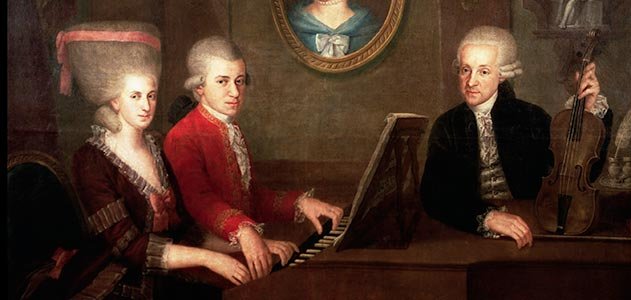
Born: September 5, 1735 – Died: January 1, 1782.
Johann Christian Bach, the youngest son of Johann Sebastian Bach, was known as the “English Bach.” Johann Christian, a talented musician and composer, was born in Leipzig, Germany on September 5, 1735, at the age of fifty, to his well-known father. Father Johann was a committed teacher and mentor to his gifted son, even though they were not the same age. He remained so until his death in 1750.
In return, Johann Christian taught Wolfgang Amadeus Mozart, a talented musician and aspiring freemason. Eight-year-old Mozart started taking lessons from Bach in 1764. J.C. Bach had such a profound effect on Mozart that in subsequent years, Bach came to be seen as the only real instructor Mozart had. Mozart also frequently expressed his thanks for the guidance Bach had given him.
Masterful in writing for a wide range of instruments and orchestrations, Brother Bach composed operas, symphonies, chamber music, orchestral pieces, and cantatas. After relocating to Italy in 1754, J.C. Bach became a Catholic and devoted much of his time to writing religious music, such as Masses, Te Deums, and Requiems. As a result of these pieces’ widespread praise, Bach was named organist of the Milan Cathedral in 1760. Bach relocated to London two years later, where he gave the world premieres of three operas, including Orione, at the King’s Theatre, where he was named Composer for the Theatre, solidifying his standing as an outstanding artist in England. The Monarchy was drawn to this devotion, and as a result, Queen Charlotte and the royal family appointed him Music Master.
J.C. Bach was a well-respected and versatile composer whose operatic and gallant style made his work famous. Bach’s concerns turned more spiritual during the late 1770s, though, and in 1778 he was raised to the degree of Freemason in the Lodge of Nine Muses, No. 235. After a lifetime of composing timeless music for the world, Brother Johann Christian Bach got his call to the Eternal Grand Lodge on New Year’s Day 1782.

